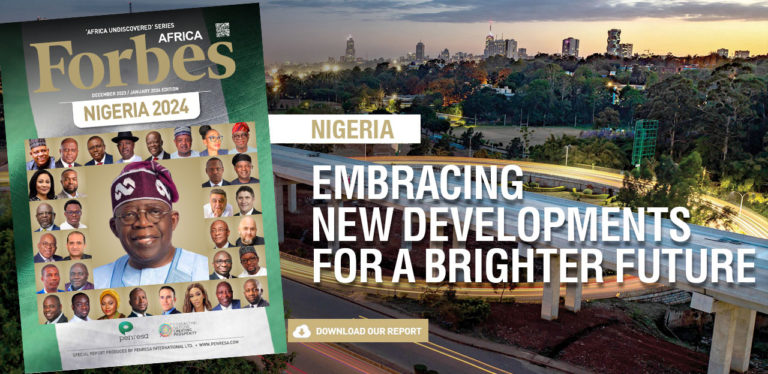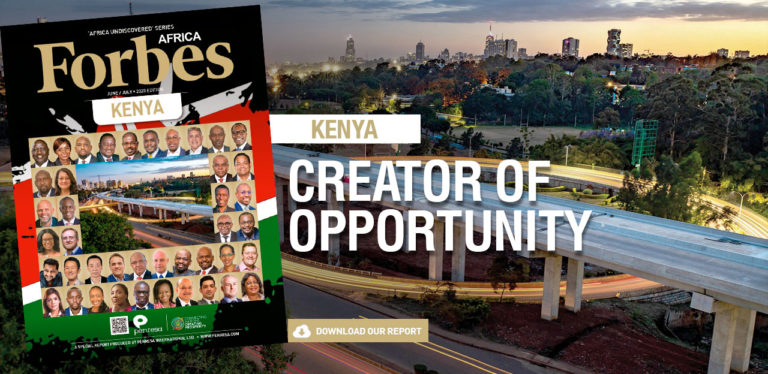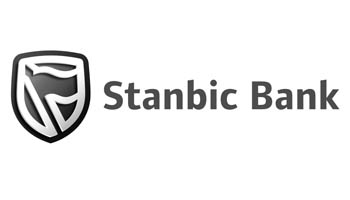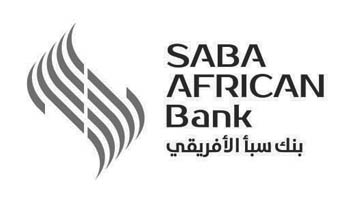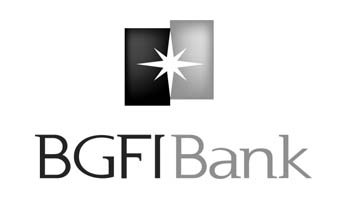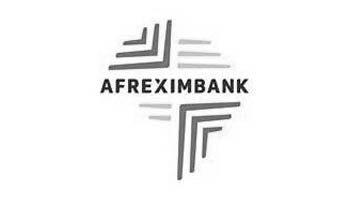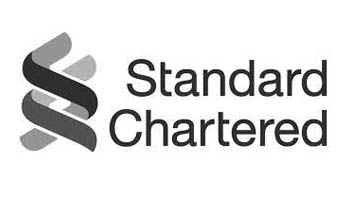As Africa’s third-largest economy, H.E. President Abdel Fattah al-Sisi’s Vision 2030 sets a precedent that shows Egypt’s vast potential to become an economic powerhouse and its eagerness to tie relations even closer with all of Africa.
In recent years, Egypt has altered its economic landscape, most notably through its commitment to the African Continental Free Trade Area (AfCFTA) agreement and its success in the IMF (International Monetary Fund) Programme of 2012. As a result, Egypt’s economic growth rates have risen 5.6%, the unemployment rate reached an all-time low at 7.5% in the second quarter of 2019, tourism revenues gained about US$12.6 billion and foreign exchange reserves garnered US$45.5 billion in 2019.
Egypt’s participation in the AfCFTA represents a new chapter for the country, opening opportunities to expand into new markets. H.E. President Abdel Fattah al-Sisi states, “Today, the world is interested in Africa, and the success of AfCFTA is the genuine test to attain an economic jump that meets our people’s aspirations for a safe and decent living and enhance our position in negotiation in the international political and economic forums. Consequently, it will provide a new situation for the African continent on the global economic map.”
During his time as a Chairman of the African Union, H.E. President al-Sisi helped to advance Africa’s continental free trade area. Now, Egypt continues to spearhead these initiatives with Vision 2030, a blueprint for transforming the country into a global powerhouse and includes specific pillars that aid Human Development, Innovation, Transparency, Financial Inclusion, Education and Urban Development in order to energise the economy and achieve sustainable development goals.
As of January 2020, Egypt’s population reached over 100 million. Like many African countries, Egypt is experiencing a “youth bulge”, where about 62% of Egyptians are under the age of 29. Due to this evolving demographic, Egypt has acknowledged the importance of proper training and education as critical elements for the economy and to ensure that the Egyptian people have the necessary skills to succeed. Companies such as CIRA work to educate the middle class for a better future. Mohamed El Kalla, CEO of CIRA says, “We try to create educational opportunities for the middle class. If you grow, you can find the space to grow within the network; you will find social support within the system. Growth is a social entrepreneurial venture.” For any demographic with limitless potential, these educational and training efforts create a more capable workforce and spur the economy.
As Egypt continues to empower its economy, Prime Minister Mostafa Madbouly has joined forces with Central Bank Governor Tarek Amer to spearhead initiatives that will expand housing and financial development. Their alliance has brought to the forefront many government measures that will support Egypt’s growing population. Real estate development company, Memaar Al Morshedy, places a special focus on middle and upper-middle-class income families. CEO Hassan Morshedy states, “At the end of the day, it is about enhancing people’s lives. Usually, these types of projects are made for the rich. We decided that this project would be for everyone. You can get the entry point, which is a studio apartment, which is good for lots of young families. This is also solving a housing problem because the way we used the land is very efficient. When this project is fully built, it will change the way people think of real estate.”
Housing and financial development have been brought to the forefront of Egypt’s national agenda as a means for economic growth by supporting SMEs, attracting the informal sector, increasing job creation, achieving sustainable growth and realising a higher level of financial stability. Ashraf Ezz El-Din, Managing Director of Al-Futtaim Group Real Estate LLC states the importance of reliable housing and urban development, “The government is doing a great job in infrastructure. Infrastructure is the base for everything: to move, to have the internet, to communicate. This is going to be very good for investors.”
Advancements in infrastructural development, industry and trade are helping Egypt’s businesses and companies capitalise on the country’s advantageous geographical location, which not only makes it a major point of trade but also offers a potential to function as a gateway for the continent. “The government has built a very good infrastructure,” states Ibrahim Sarhan, CEO/MD of e-Finance. By enhancing its own economy and opening its doors to global partnerships, Egypt is solidifying its connection with the African continent by implementing more development megaprojects such as the US$8.6 billion expansion of the New Suez Canal and economic zone, which will double the canal’s daily capacity and bolster the nation’s role as a major global commerce hub. The Ministry of Transportation is also spending nearly EGP86 billion on developing railways with additional plans to renovate roads and transport infrastructure.
Egypt’s location presents an opportunity to reach its sustainable development goals and will also allow the country to dominate trade by land, sea and air in developing ports, harbours and railways for intracontinental trade. Developing the infrastructure of existing ports and linking harbours to investment zones will turn Egypt into a global hub for trade and boost the national economy. Ahmed El-Guindy, CEO and Managing Director of AluNile, says, “Egypt is very important for Africa. I have always been a big believer in the Egyptian market, even in the darkest of times, because the opportunities here are endless. When you have a country of 100 million people, you cannot run short of ideas. It’s a big consumer market, and it’s still way underutilised.” Infrastructure enhancement will allow Egypt to connect its products and cultures with larger markets through the development of the “Made in Egypt” brand.
Egypt is actively pursuing a strategic framework that facilitates inclusive and sustainable development and is a concrete manifestation of the pan-African drive for unity, self-determination, freedom, progress and collective prosperity. Eng. Mohamed El Kheshen, Chairman of Evergrow, states, “Our rank in the global market is number three worldwide: 30% of our production is for the local market here. The remaining 70% is exported around 17 countries, mainly in the African continent (Morocco, South Africa, Algeria, Sudan, Ethiopia, Kenya, Nigeria). This year, we are expanding more and more in the African continent.” By investing in Egypt, all parties are bound to benefit from the transcontinental and global connection as the country transforms into an economic powerhouse.



